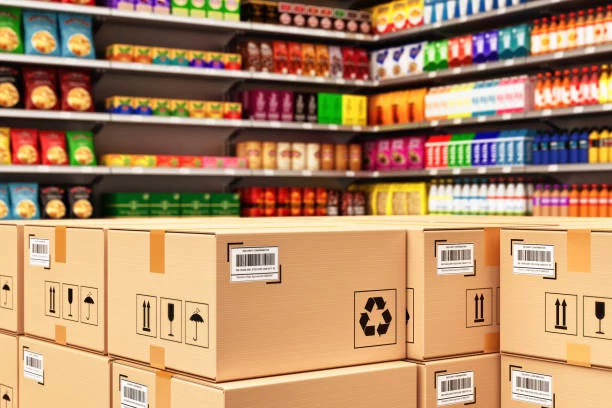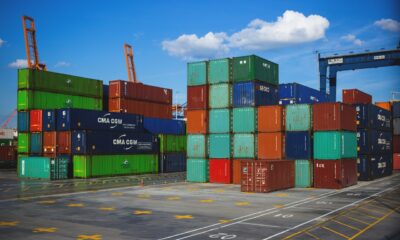World News
How to import goods from UK to Nigeria

Importing goods from the UK to Nigeria involves several steps and considerations to ensure a smooth and legal process. Here’s a general guide to help you get started:
-
Market Research: Conduct thorough market research to identify the demand for the goods you plan to import. Ensure that there is a viable market for your chosen products in Nigeria.
-
Legal Requirements: Familiarize yourself with the legal requirements and regulations for importing goods into Nigeria. You will need to comply with Nigerian customs laws and obtain the necessary permits and licenses.
-
Choose a Reliable Supplier: Find a reputable supplier in the UK who can provide the goods you want to import. Verify their credentials and quality of products before making any commitments.
-
Shipping and Logistics: Decide on the most suitable shipping method for your goods. This will depend on the type of products, volume, and urgency of delivery. Options include air freight, sea freight, or a combination of both.
-
Customs Duties and Taxes: Be aware of the customs duties, tariffs, and taxes that apply to the goods you are importing. These costs can significantly impact the overall importation expenses.
-
Packaging and Labeling: Ensure that the goods are appropriately packaged and labeled according to Nigerian regulations. Proper labeling is essential for customs clearance and consumer safety.
-
Shipping Documentation: Prepare all the necessary shipping documents, including a commercial invoice, bill of lading, packing list, and any certificates required for specific goods (e.g., certificates of origin or quality).
-
Insurance: Consider getting insurance for your goods to protect against potential damages or losses during transit.
-
Customs Clearance: Engage the services of a reliable customs clearing agent in Nigeria to help facilitate the customs clearance process. They will handle the necessary paperwork and liaise with customs officials on your behalf.
-
Payment and Currency Exchange: Set up a secure and legal payment method with your UK supplier. Be mindful of currency exchange rates, as they can affect your import costs.
-
Compliance with Standards: Ensure that the goods you are importing comply with Nigerian standards and regulations. Certain products may require additional certifications or testing to be legally sold in Nigeria.
-
Distribution and Marketing: Plan your distribution and marketing strategies in Nigeria. Establish contacts with local distributors or retailers who can help you reach your target customers.
-
Stay Informed: Keep yourself updated on any changes in import regulations or trade agreements between the UK and Nigeria that may affect your importation process.
It’s essential to work with experienced professionals, such as import/export consultants, freight forwarders, and customs agents, to navigate the complexities of international trade successfully. Importing goods involves various legal and financial considerations, so seeking professional advice can save you time,




















